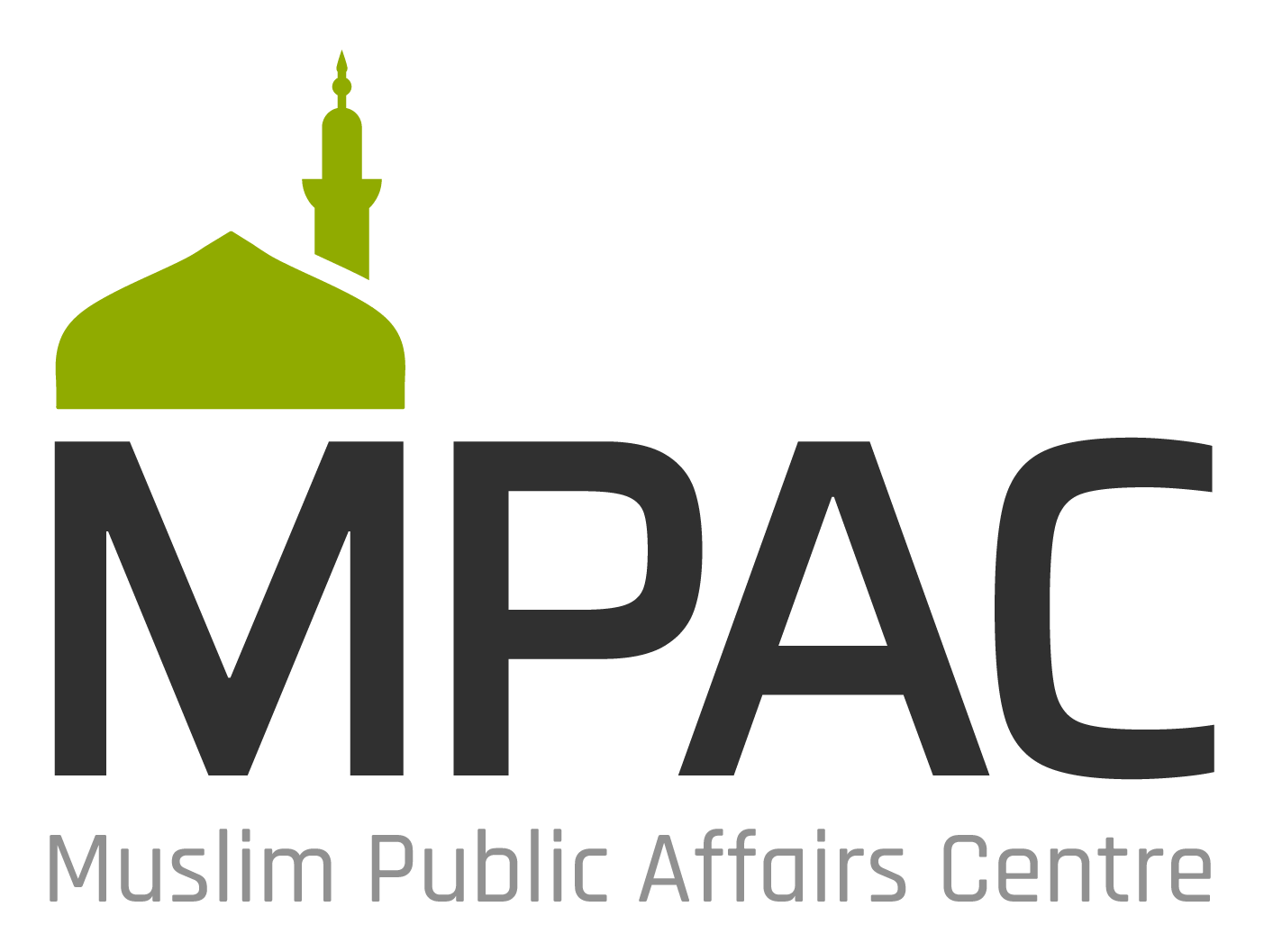
Planning Local Activities with Officials and Candidates
Your organization might consider sponsoring any of the following activities or events:
Speech to your members:
Public officials and/or candidate are often looking to address large audiences on issues of importance. Invite key local officials and/or candidates to address your own organization. These events provide excellent media opportunities and offer your members the opportunity to meet leaders that they would normally only see on television, or with whom they may later discuss critical issues.
Conference:
Your organization might consider hosting a conference at a local college or university. Invite key public officials, community leaders, academics and experts to speak at the event. This provides an opportunity to secure the support of public officials on the record, and gives officeholders a chance to address the public about how they have helped promote your cause. Your audience could include community leaders and the media.
“Meet the Candidate” Night:
One effective way to expose your coalition members to important candidates is to host a “Meet the Candidate” Night. This event also provides a forum for candidates to reach important constituents and learn about issues that are critical to your community.
Tips for Hosting a “Meet the Candidate” Night
Solicit your key members for a date and time that is convenient for the majority of the group. You also may want to identify a master of ceremonies for the event.
Select a location for your event. Hotels are often convenient and have the necessary audiovisual equipment. Wait for candidate confirmation before signing a contract.
Invite your candidate(s). You may have to be flexible with your dates to secure a commitment. Make sure you can provide a location for the event before agreeing to a different date.
Provide your candidate(s) with background papers on your key issues. Also, let them know what is expected of them: a speech, debate, informal remarks, socializing with guests, etc.
Invite your guests. If you are planning a dinner, limit your guest list to 20 people so you can have a more intimate event that will allow for more in-depth discussion. For a reception or other public forum, invite as many people as possible. Request RSVPs, keeping in mind when your final count needs to be submitted for food and beverage purposes. Allow 1-2 days for follow-up phone calls.
Order audio-visual equipment, if necessary. This may include microphones, and/or sound systems, depending on your event.
Prepare nametags for all participants. It makes it easier for candidates to introduce themselves.
Advance the site one last time to ensure an adequate and easy set-up.
Make sure you have a candidate’s biography photocopied for participants as well as an introduction written to make it easier for the master of ceremonies.
Assign one attendee to take photographs of the event. Make sure to feature them in your newsletter/website.
Have a sign-in table set up so you can provide a list of attendees to the candidate after the event.
Prepare thank-you letters to the candidate and all who helped.

Calling Officials
Telephone calls are also a convenient way to communicate your messages to organizations, including government officials. In most cases, unless the official knows you personally, you will probably be unable to speak with him or her directly. Instead, you will more than likely be referred to the staff member responsible for attending to the public. Keep your message brief and to the point, and don’t forget to personalize your story.
Following this helpful format when calling a local, state or federal official’s office will be helpful:
- Keep your call brief and to the point.
- Identify your organization and the issue about which you are calling.
- Express your opinion and the reasons you feel the way you do.
- Be specific about what you wish the official to do.
- Be courteous and understanding of reasonable differences of opinion.
- If you would like a reply, request a written response and provide your name and address.
- Follow up your telephone call with a letter that reiterates your message and explains the issue in more detail.
Using the Internet
Many public officials maintain e-mail addresses and websites, which are quickly becoming a popular means of communication with government officials. However, most offices still rely mainly on postal mail and personal relationships. Also, some government offices are better able to receive and respond to electronic mail than others. For example, there still exist a huge gap in technical capabilities of many public officials to manage their mail accounts and there are great differences in the technical capabilities and policies among others who know how to do so.
When using e-mail, we recommend starting your correspondence by identifying yourself as an organization or a constitute representing a broad-based coalition of like-minded citizens. Be sure to give your full name, address, phone number and e-mail address, and use the proper salutation in all e-mail correspondence. We suggest you follow the same format for an e-mail as a postal letter.
Officials do not always reply to e-mails unless a personal relationship exists. Many officeholders only take notice of business-related e-mails.
- Letters
- Tips for Communicating Effectively with Public Officials
- Determining When to Write, Call or Meet
- Scheduling Meetings With Public Officials
- Checklist: Communicating with Government Officials
